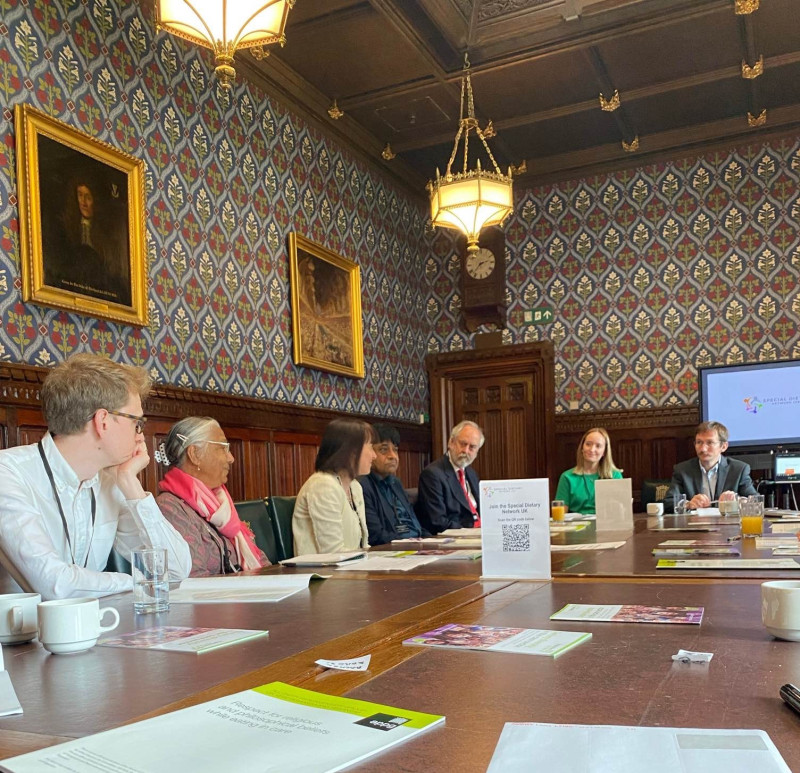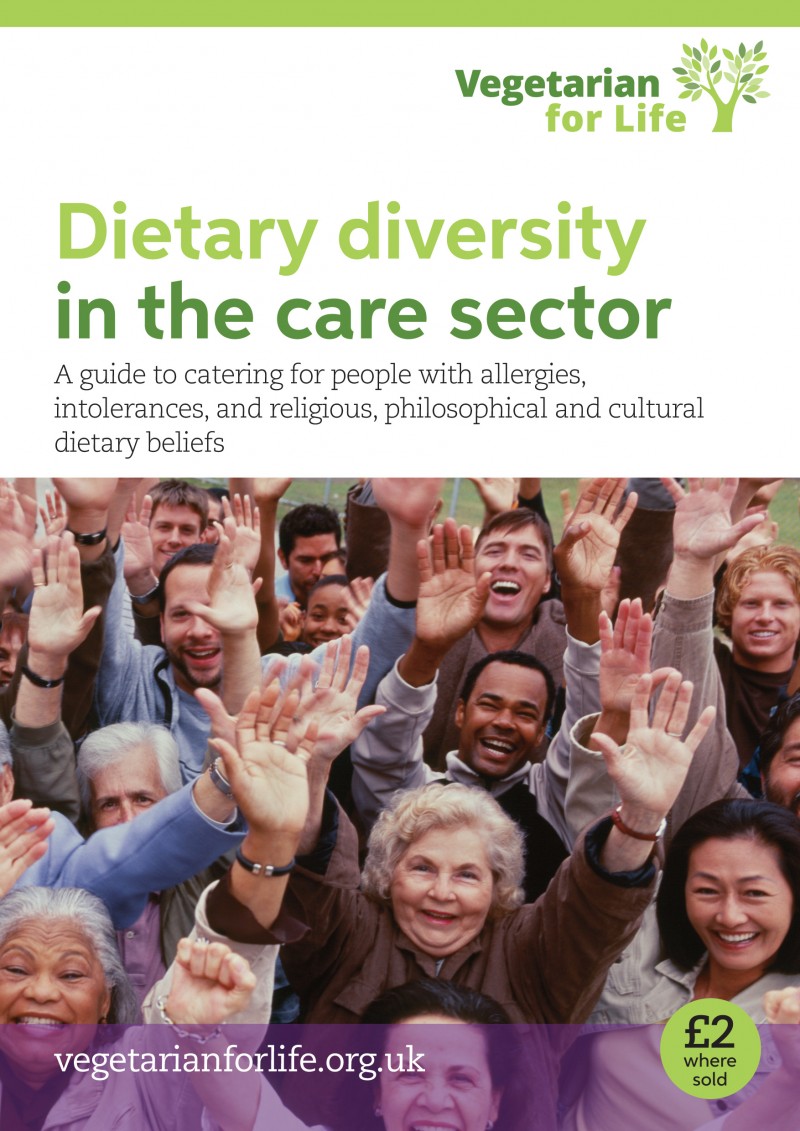It is getting harder to deny that summer has turned to autumn, a transition marked in several cultures and religions as the beginning of a new year. Autumn is known in many places, too, as the season of harvest, and so the mind turns to the importance of food to life.
At VfL, food is never far from our thoughts. One of the main messages we seek to promote is how central choice of diet is to the lives of vegans and vegetarians. Ensuring those diets can be followed is a matter of respect, and of preserving identity. In 2023, we facilitated the launch of the Special Dietary Network (SDN) because we recognised that the importance of diet in expressing deeply-held beliefs is shared with many other groups.

Looking ahead to food and faith over the coming year, we see how religious and cultural festivals give hints as to the role food plays in belief and identity. The liturgical new year in Eastern Orthodoxy opened the month, and this week sees Jewish new year, Rosh Hashanah, marked, accompanied by a number of culinary traditions and symbols. Later in the autumn comes Diwali, again with a range of sweet and savoury foods laden with symbolism. And is it too soon to mention Christmas?
I could go on listing festival after festival, and for adherents of each religion or culture, food will be one of the first things that comes to mind. For food is about more than mere calories: it helps us express joy, community, faith, meaning. In our multicultural society, those meanings may be layered slightly differently for each individual or community.
Over the coming year, we will be marking some of these occasions through the medium of food, whether that be recipes or discussion of the tradition and meanings behind different culinary moments. When we launched the SDN, a number of participants expressed the significance of food in different ways. Rabbi Dr Jonathan Romain described food as a ‘daily reminder’ of identity. Dr Karan Jutlla of the University of Wolverhampton explained her work exploring the treatment of South Asian individuals in care settings, focusing in particular on Sikh dietary requirements that often go misunderstood. Nitin Mehta spoke of the complexities of Jain culinary requirements, and on a successful campaign to improve the cultural sensitivity of hospital food.
Belying the diversity of cultural and religious diets in the UK are the common interests we share, especially as we age and need to put our adherence to those diets increasingly into the hands of others. We all would like to preserve the practices that are dear to us, that hold meaning. And we all therefore deserve to have those practices, and the beliefs and identity that underpin them, treated with respect, and our dignity upheld.
For more information on catering for people with allergies, intolerances, and religious, philosophical and cultural dietary beliefs, see VfL’s Dietary Diversity in the Care Sector guide, available for download here.

Categories:
VfL News and Events